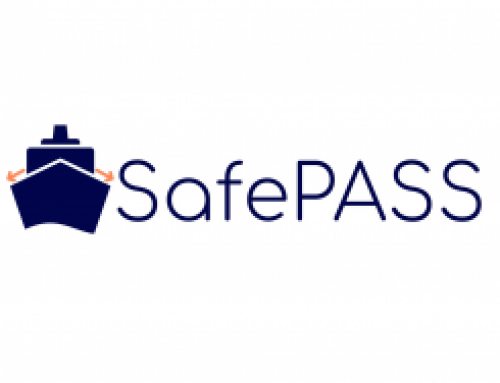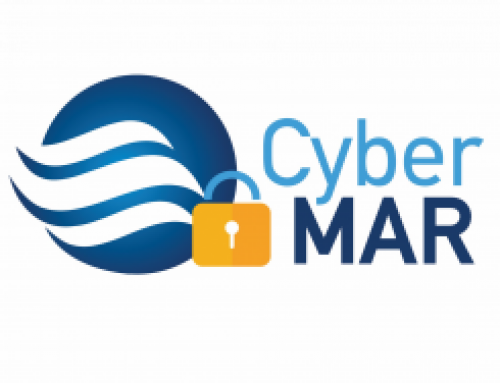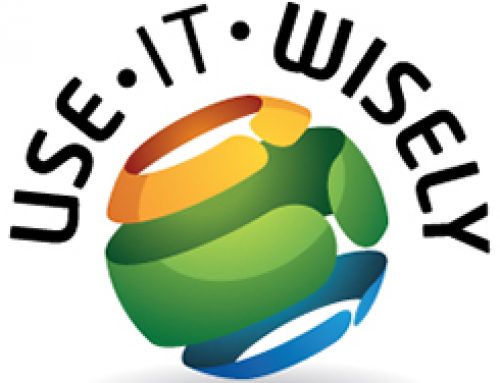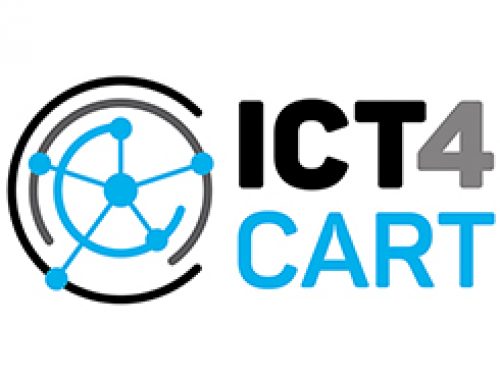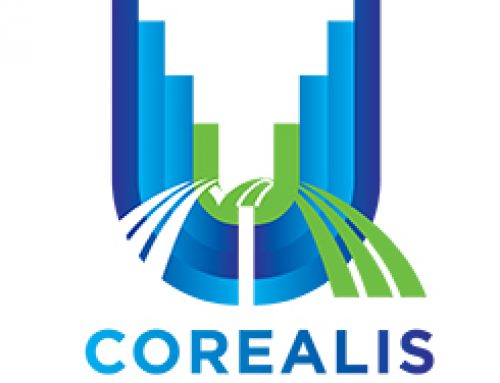Inte-Transit
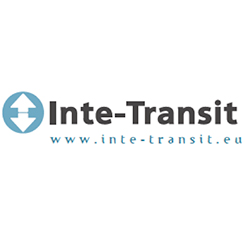
Title: Integrated and Interoperable Maritime Transit Management System — Inte-Transit
Contracting Authority: ERDF-MED Programme
Contract Number: 2C-MED12-05 ERDF
Start Date: 01/01/2013
End Date: 30/06/2015
Project Website: http://www.inte-transit.eu/
INTE-TRANSIT aimed at enhancing information management systems which -at the time being- they were used in ports and in their logistic activities areas through the definition of an integrated management model involving public and private organisations and devising a common and harmonised Mediterranean processes and indicators map. INTE-TRANSIT also promoted an ICT solution towards monitoring and positioning of port containers improving traceability, visibility and transparency of transport of goods in the MED.
The Mediterranean (MED) Sea Basin has and will continue to be a vital space for circulation of goods with significance beyond the interest of countries directly involved. MED ports and maritime commerce handled through them have been a boost both for regional and European Economic development. Circulation of goods/capitals within the MED sea faces a number of challenges and under this general theme, INTE-TRANSIT achieved better logistic organisation of MED ports and their logistic activities areas – by making use of new ICT technologies- and it established a cooperation framework between relevant stakeholders in the MED countries for best practice exchange, cooperation and personnel training.
More specifically, INTE-TRANSIT focused on the following:
- Strengthen communication links between i) ports and relevant authorities across the MED Basin, ii) all relevant actors in the maritime transfers and iii) ports and their logistic activities areas, through the use of modern ICT technologies that were used to enhance information management systems.
- Defined an integrated management model involving public and private organisations (in ports and their logistic activities areas) and devised a common and harmonised MED processes map and indicators. This led to more efficient ports interoperability and a relevant improvement of the flow of goods, cargo traceability, visibility and transparency.
- Provided a training framework for ports and logistic areas personnel (administrative/managerial and labour workers). Training sessions will be provided towards the Ports, Port Authorities, Logistic Activities Areas Managers and Logistics partners, focusing on logistic/security frameworks, transportation tracking mechanisms, ports’ telematics infrastructures as well as modern ICT technologies towards improved communications/cooperation
- Executed 5 pilot projects to demonstrate improvement of logistic systems and port operations using the proposed new INTE-TRANSIT technologies. Two different sets of pilots were executed to the involved ports: 1. Application of ICT technologies on container/cargo tracking/monitoring, 2. electronic tool/platform to implement the management model designed including the scoreboard associated
- Developed/executed a best practice exchange framework for exchange of experience within the project as a sustainable means of communication beyond the project. Exchange visits were focusing on knowledge gaining and awareness development on port modules (logistic organisation, enhanced goods traceability, improved quality assurance)
- Developed information awareness activities regarding dissemination towards results spreading to local and regional authorities and related target groups including project website, leaflets and poster, logo and the organisation of 2 workshops.
SEAbility’s role and activities inside the project:
- Leading the INTE-TRANSIT Dissemination Activities and Workshops Organisation
- Contribution on training and exchange visits tasks and establishment of a wide group of stakeholders
- Contribution to the requirements extractions with the role of Transportation consultancy, freight forwarder, port user.
- Contribution to the pilot activities related to Container Monitoring and Localisation

